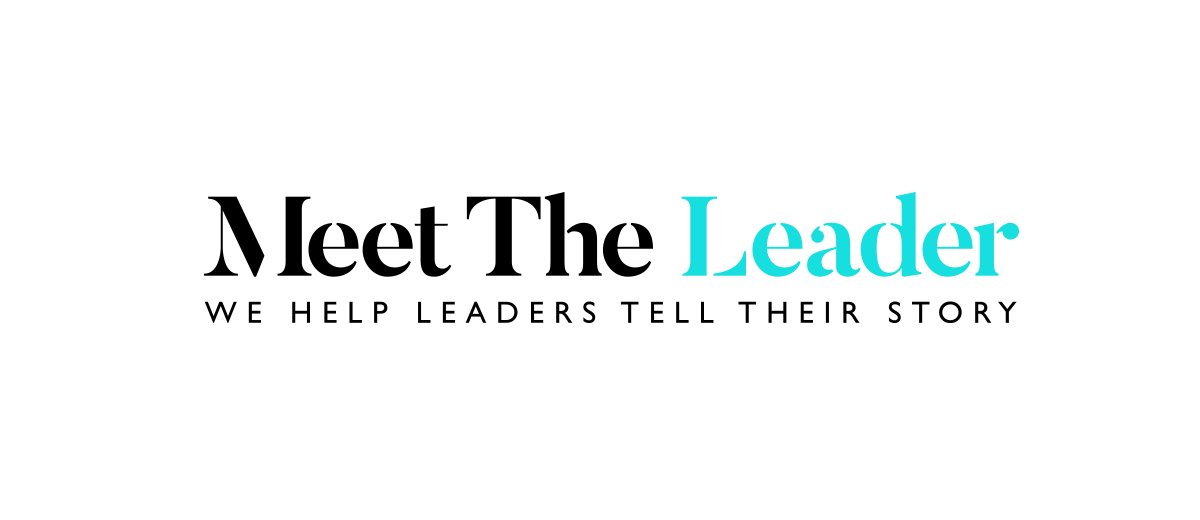Conscious Capitalism
On Tuesday 16 January 2018 CEOs from the world’s biggest public companies received an unprecedented letter from one of their own. Laurence D Fink, founder of BlackRock, the largest and most influential investment firm on the planet, wrote, “Society is demanding that companies, both public and private, serve a social purpose... to prosper over time, every company must not only deliver financial performance, but also show how it makes a positive contribution to society.”
Many governments, wrote Fink, were failing to prepare for the future, “on issues ranging from retirement and infrastructure to automation and worker retraining”, and as a result, “society increasingly is turning to the private sector and asking that companies respond to broader societal challenges.”
Such a switcheroo is all the more surprising from a CEO who only in 2014 claimed activism harmed job creation. And yet just three years later BlackRock found itself on the side of shareholders demanding Exxon disclose its climate impact reports (which it has agreed to).
Fink joins a raft of CEOs increasingly speaking out on issues from immigration to gay rights. As well as falling into step with a growing socially liberal consciousness, perhaps also, as Fink warns, there’s the more pressing worry that businesses which fail to engage with the community will “ultimately lose the license to operate from key stakeholders.”
Fink’s letter has been hailed as a pivotal moment in ‘conscious capitalism’, a term popularised by the CEO of high-end grocery chain Whole Foods, John Mackey. A political Libertarian, and something of a liberal bête noire (he may be pro-choice, pro-gay marriage and pro-legalisation but he also called Obamacare “fascist” and compared unionism to herpes), Mackey spent the 1960s studying eastern philosophy and living in communes in Austin, Texas.
Like others in the community, he was anti-corporations – until he went through an “awakening”; applying his passion for organic healthy food to business with SaferWay, a community health food store, eventually renamed Whole Foods. Today it’s worth $12.9bn (£8bn), operates in more than 380 stores and employs 84,000 team members worldwide.
Co-written with Raj Sisodia, Mackey’s book Conscious Capitalism: Liberating the Heroic Spirit of Business aims to challenge the way business is thought about, taught about and practiced. Since its first publication in 2013, it’s fuelled the growth of Conscious Capitalism Inc – a non-profit body dedicated to cultivating conscious capitalism, which hosts an annual summit of chief executives, and attracts thousands of followers.
The book argues for “a way of thinking about business that is more conscious of its higher purpose, its impacts on the world, and the relationships it has with its various constituencies and stakeholders”. Mackey’s ideas aren’t the usual clichéd management tips, and some of them – cutting meat out of your diet and practising yoga – decidedly betray his hippie origins. In the spirit of the commune, he urges CEOs to “bring together your whole system” – everyone who has a stake in what you do – and ask such fundamental questions as ‘What value do we create?’, and ‘How can we create more value for our stakeholders?’
Significantly, Mackey argues that huge amounts of value can be delivered to every stakeholder without sacrificing profits; and while he agrees with the greens that the planet is being damaged, he doesn’t think it’s the fault of capitalism.
Correctly applied, he says, “heroic” free-market capitalism is able to exist “in harmony with the fundamentals of human nature”. Whether or not you agree with him, it is clear that as regards making the world a cleaner, healthier, and more ‘conscious’ place, he’s right in his assertion that “We have no time to waste.”
Conscious Capitalism is published by Harvard Business Review Press


